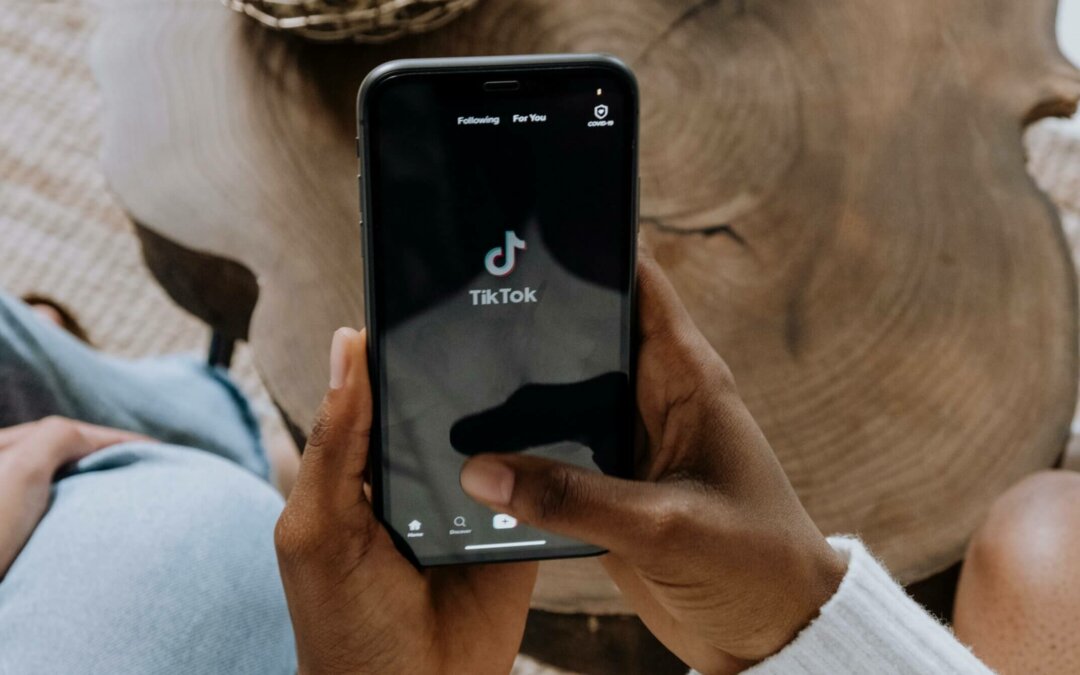Millions of people have been captivated by the current developments around TikTok as the digital world continues to change. The platform, cherished by more than 170 million Americans, finds itself at a turning point as a result of legislative demands. Today, we’re delving deeply into the ramifications for small companies and digital expression as well as you, the average user, of TikTok’s possible divestiture or ban.
Understanding the Bill: Not Just a Ban
The parent business of TikTok, ByteDance, is required by the new legislation to sell the site to a non-Chinese entity within 165 days. If this deal falls through, big app stores would not be allowed to host TikTok, which would mean that it would no longer be available to new customers in the United States. TikTok interprets the action as a prelude to an outright ban, despite the bill’s supporters arguing that it is not a straight ban but rather a calculated measure to protect user data from outside interference.
TikTok has been more than just an entertainment platform for creators and users like us; it’s a place for creativity, community development, and even a source of income. The potential inability to access or download TikTok could disrupt the way we interact online, share content, and connect with audiences. Small businesses that leverage TikTok for marketing and customer engagement may need to rethink their digital strategies.
Economic and Social Impact
The restriction or removal of TikTok from app stores carries significant economic repercussions. Not only could it affect the platform’s 7 million associated small businesses, but it could also stifle the budding careers of countless creators who rely on TikTok for income. The debate extends beyond economics, touching on the very essence of free expression in the digital age.
The actions proposed against TikTok are not without precedent; India’s ban on the app in 2020 over security concerns reshaped its digital video landscape, bolstering platforms like YouTube Shorts and Instagram Reels. These moves spotlight ongoing tensions between national security, user privacy, and free enterprise. It’s crucial to note, however, that concerns regarding data privacy are not unique to TikTok. Many U.S.-based tech companies also harvest extensive user data, raising questions about consistency and fairness in regulatory scrutiny.
As the situation unfolds, TikTok’s fate hangs in the balance. The platform’s response has been to ramp up its defense, likely bolstering its lobbying efforts and preparing for potential legal challenges similar to those faced by previous bans that were overturned on free speech grounds. For us, the users, staying informed and understanding the implications of these changes is vital. We may need to consider alternative platforms or ways to safeguard our online presence.
While the future of TikTok remains uncertain, one thing is clear: the outcome will significantly influence the landscape of social media and digital expression. How do you feel about the potential TikTok changes? What are your thoughts on balancing security with freedom of expression online?



